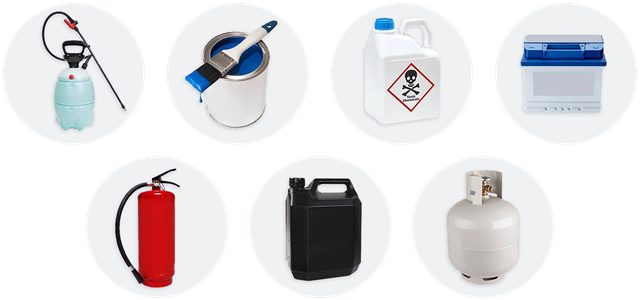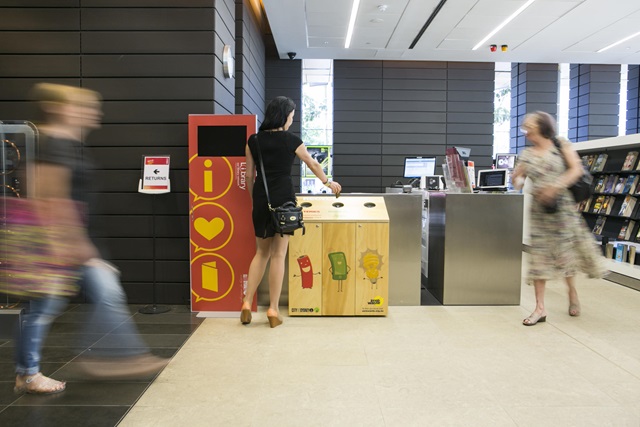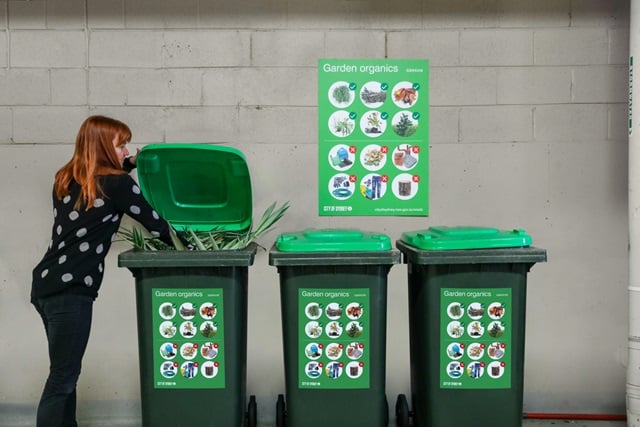Dispose of household chemicals
Different recycling and disposal methods are needed for these toxic types of waste. Never put them in your household bins.
When you need to do this
If you have leftover household chemicals at home – including paints, solvents, pesticides and even cleaning products – you must dispose of them safely.
Take them to a Household Chemical CleanOut. This NSW Government program is a free service.

What you need to do
-
Find a drop-off location and date that suits you
We’ll be hosting our next Household Chemical CleanOut event in 2025. We’ll update this page when the date is confirmed.
To find other drop-off locations and dates, visit the Household Chemical CleanOut website or call the NSW environment line on 131 555.
-
Transport your items carefully
Bring your items in the boot and seal them tight. Don’t mix anything and if you don’t know the contents, just label the item as ‘unknown chemical’.
You must stay in your vehicle at the drop-off site – an attendant will come to you. People walking or riding can access a separate drop-off area.
If you’re a building manager or have a lot of chemicals
Contact us to discuss quantities for drop-off.
Before you start
Work out what you can and can’t bring to a chemical drop-off event.
After you finish
Many chemicals are recycled while others are treated for safe disposal. For example:
- Leftover paint is mixed with other solvents and used in cement manufacturing. The metal paint tins are recycled.
- Any remaining gas is taken out of gas cylinders and the steel in the bottle is recycled. Many bottles are returned to the hire market – so they’re reused rather than recycled.
- Lead, acid and plastic in batteries are recovered and recycled.
- Fluoro tubes, which contain mercury, are crushed to separate the phosphor powder from the glass. This powder is processed to capture any mercury, which is then sold for a range of industrial uses. The leftover glass and metal are put back into the recycling system.




